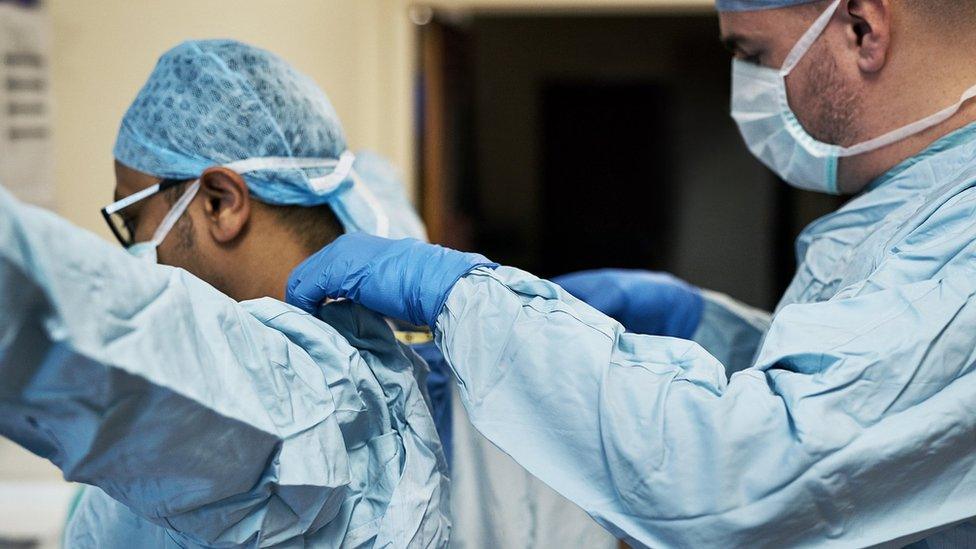Covid trauma 'also affects people with breathing problems at home'
- Published
- comments
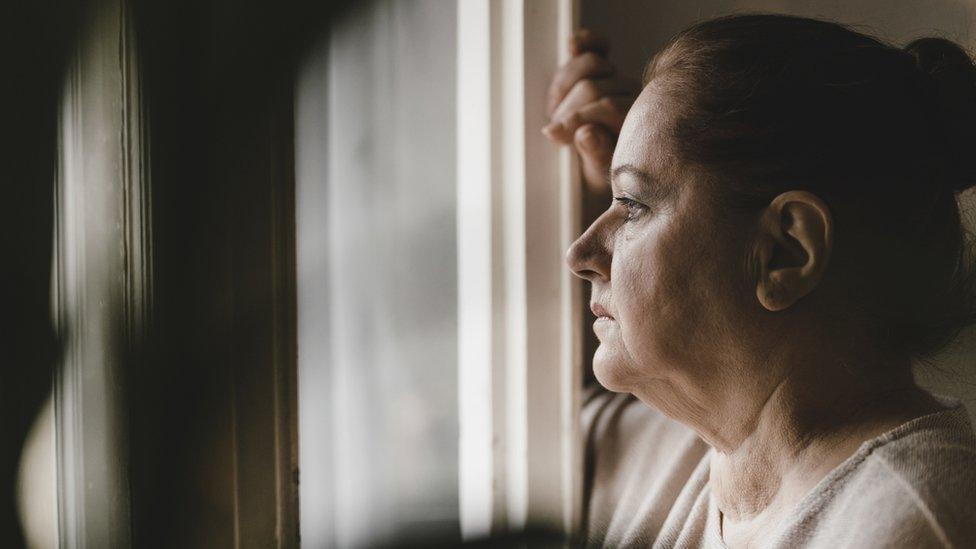
People with breathing problems related to Covid-19 who receive no medical help could still suffer from symptoms of post-traumatic stress disorder, a study suggests.
One in three of those on ventilators and one in five in hospital was badly affected, it found.
But 11% of thousands who stayed at home with breathing difficulties also experienced flashbacks of that time.
The researchers stress the importance of following up on mental health.
The study, external surveyed more than 13,000 people who had had confirmed or suspected Covid-19, most of whom did not have breathing problems.
About a quarter, nearly 3,500, said they had had breathing problems but no help
176 said they had had breathing problems and were assisted at home
Another 147 had been admitted to hospital for treatment
And 60 had needed ventilation in hospital to keep them alive
A third of patients who had been on ventilators had all of the symptoms of post-traumatic stress disorder (PTSD), which the researchers, writing in BJPsych Open, say is to be expected.
These include:
flashbacks
waves of strong feelings about their illness
avoiding talking about it or places and situations linked to it
trying to erase memories
being nervous and easily startled
But 40% of all Covid patients, including those with no breathing difficulties, had at least one of the symptoms to an "extremely" high degree.
And this included:
18% of those in hospital without requiring a ventilator
16% of those given medical assistance at home
11% of those who had breathing problems but no help at home
Study author Dr Adam Hampshire, from Imperial College London, said the pandemic was likely to be having "an acute and lasting impact, including for a significant proportion of patients who remained at home with respiratory problems and received no medical help".
"Struggling to breathe is a traumatic thing to go through," he said.
"And there are so many people in that category."
A traumatic event is one where someone's life is threatened, they see they are in danger or they see others dying or being injured.
PTSD symptoms can start within six months and continue for years, preventing people moving on with their lives, the study says.
'Follow-up care'
The survey was in May, soon after the peak of the first wave in the UK, when 3,000 patients were being admitted to hospital every day.
And in early January, this rose to 4,000 a day.
As of this week, nearly 30,000 Covid patients are in UK hospitals, more than 3,000 on ventilators.
And since the start of the UK epidemic, about 400,000 have been admitted.
The study authors say it is essential to understand the full impact of the virus on mental health to prepare for demand for services.
Royal College of Psychiatrists president Dr Adrian James said: "It is clear that Covid-19 can have serious mental-health consequences.
"This virus isn't just a threat to our physical health.
"It also poses significant risks to mental health, during and following the illness.
"Many of those fortunate enough to survive their ordeal will experience a significant impact on their mental health.
"Effective and joined up follow-up care must be provided after discharge.
"And mental-health services must be adequately expanded to treat increasing numbers of people with PTSD symptoms."
Treatment and support
The main treatments for post-traumatic stress disorder (PTSD) are psychological therapies and medication, according to the NHS website, external.
Before the pandemic, there was evidence that one in 10 of those admitted to intensive care would go on to experience PTSD.
Rosie Weatherley, from the charity Mind, said the increase suggested by the study was "concerning".
"While some will recover without long-term effects, others will need help to overcome the trauma they have experienced," she said.
"If you (or someone you know) have been living with distressing symptoms for over a month after being treated in ITU, or after any other traumatic event, you should speak to your GP, who can refer you for specialist help."
The charity gives advice on how to access treatment and support, external.

YOUR QUESTIONS: We answer your queries
TREATMENTS: What progress are we making to help people?
EPIDEMIC v PANDEMIC: What's the difference?
LOCKDOWN TIPS: Five ways to stay positive

Related topics
- Published22 June 2020
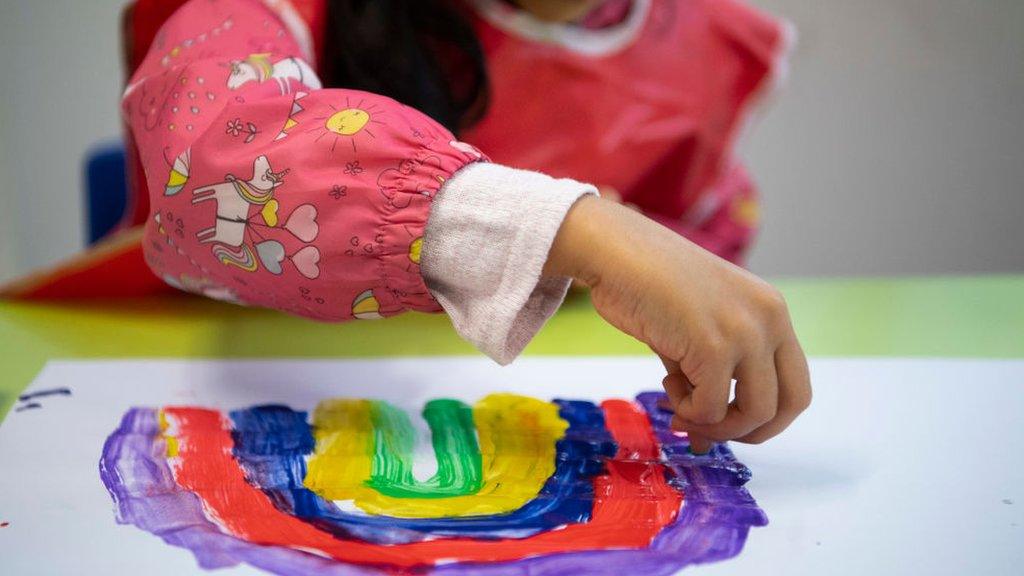
- Published13 January 2021
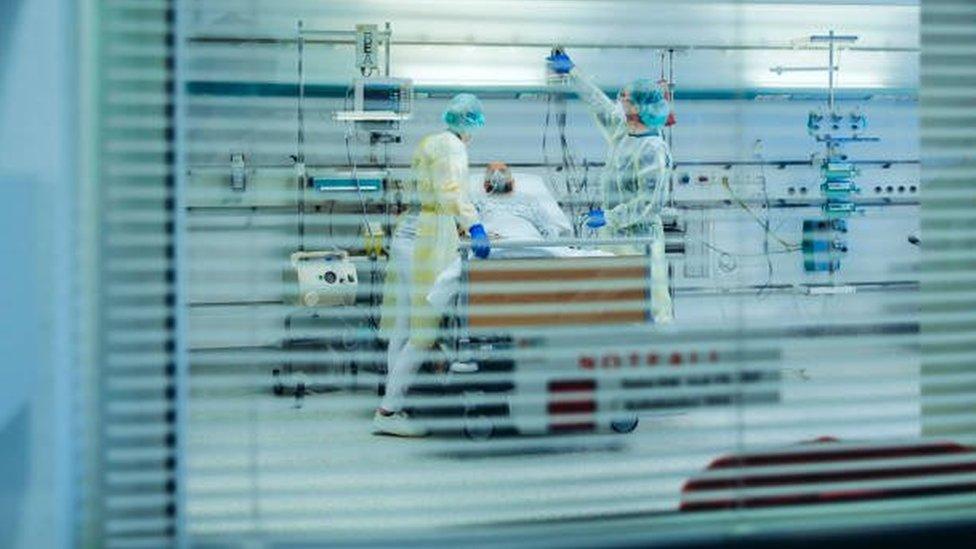
- Published29 June 2020
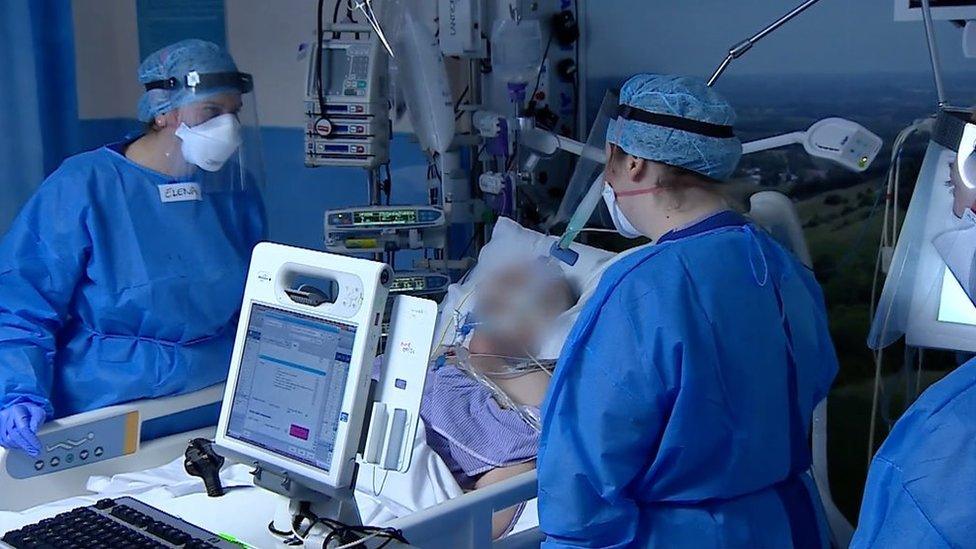
- Published19 May 2020
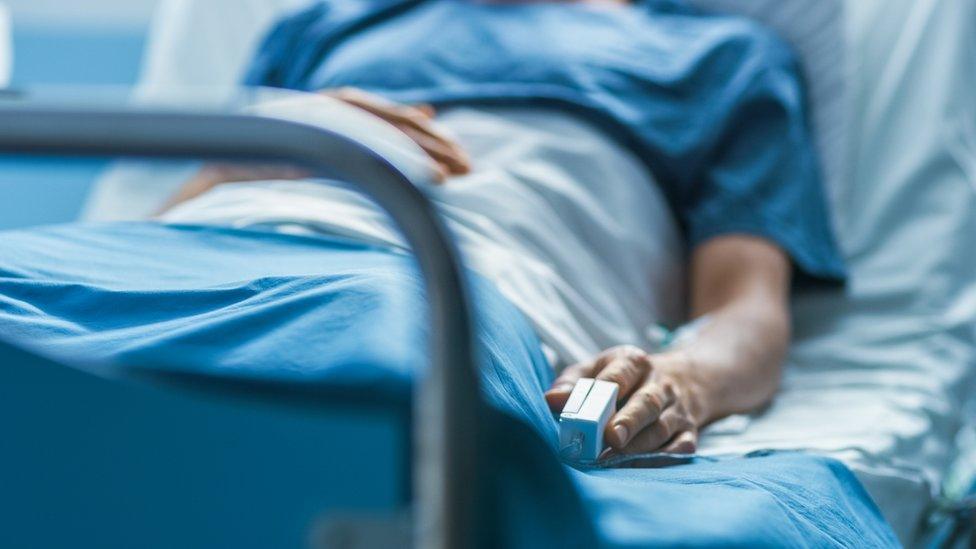
- Published12 May 2020
